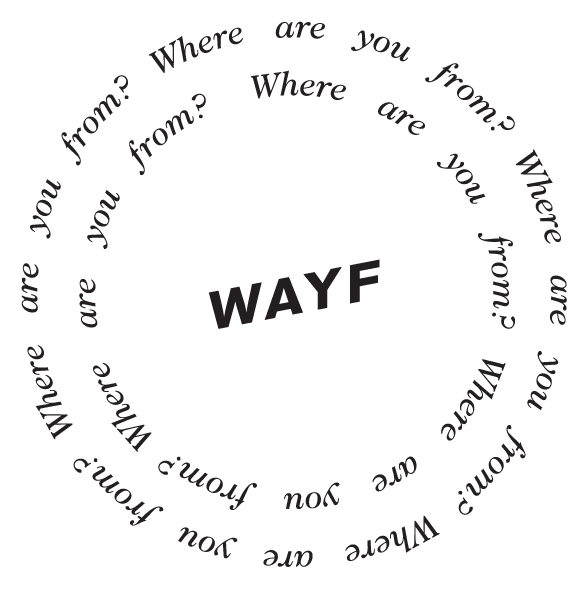Manisha
Our perception of reality is immersed in cultural violence.
By many, I am perceived as an outsider. I am not a stranger to these oceans. I am at home in this part of the world. But I often have to justify why.
As a society, we live by story arcs on which all aspects of existence are structured. Often, my story does not match the narrative that is projected in the landscape of collective thought. Sometimes my story is deemed suspicious and illegitimate, or strange and mythical.
Where are you from? If I mention my obscure place of birth, I will have to justify why I was born there looking the way I do, why I have a Kiwi accent, why I am here in so-called Australia. It does not match up with the answer that was expected⸺
Oh. But your parents are from India.
No.
Okay. Your grandparents are from India.
No.
The story of why I have ended up in these oceans is a story of human trafficking that began one hundred and forty-two years ago, and this story is not very well known, even though it has everything to do with Australia. Colonisation has a way of hiding these things in plain sight. With just over 100,000 Indo-Fijians living in exile outside of Fiji, there just aren’t very many of us around. Our stories are not immersed in the arcs of the dominant psyche, not shown in films, television and books, and therefore, often dismissed, hidden, and tucked away in another reality.
Geographically, we are so isolated from the rest of the world. People in many countries overseas have never heard of Fiji. It was in India that I experienced the most explicit erasure of my being⸺
What is your caste?
I don’t have one.
Where in India is Fiji?
It is far away from India, in the Pacific Ocean.
People thought I was lying. They became suspicious. It was also problematic that I was an unmarried woman in an interracial relationship. I was embodying too many anomalies, too many discrepancies.
How can she look Indian, have an Indian name, but say she’s from an imaginary country called Fiji, hold a New Zealand passport, but be living in Australia?
I am everywhere. I am nowhere.
In Bali, all throughout Vietnam, and other parts of South East Asia, I was asked about my birthplace with such curiosity, and the answer I gave was met with warmth. Once I was telling a Balinese taxi driver what Fiji is like, and he just lit up and said⸺
We are the same. Same skin. Same weather. Same fruit.
Same skin. Same weather. Same fruit. These beautiful words make me realise how much of my life I spend in a state of unbelonging and detachment, because these moments of understanding and acceptance are so rare that I can count them on one hand.
At this point in time, I have lived equal amounts of my life in Fiji, Aotearoa and Australia. I embrace my pan-Pacific way of being. I understand that it is my responsibility to tell the story of the exile of my community, so that cultural story arcs can change, so our perception of reality can be inclusive of all stories, and so that we will not be forgotten in history.


